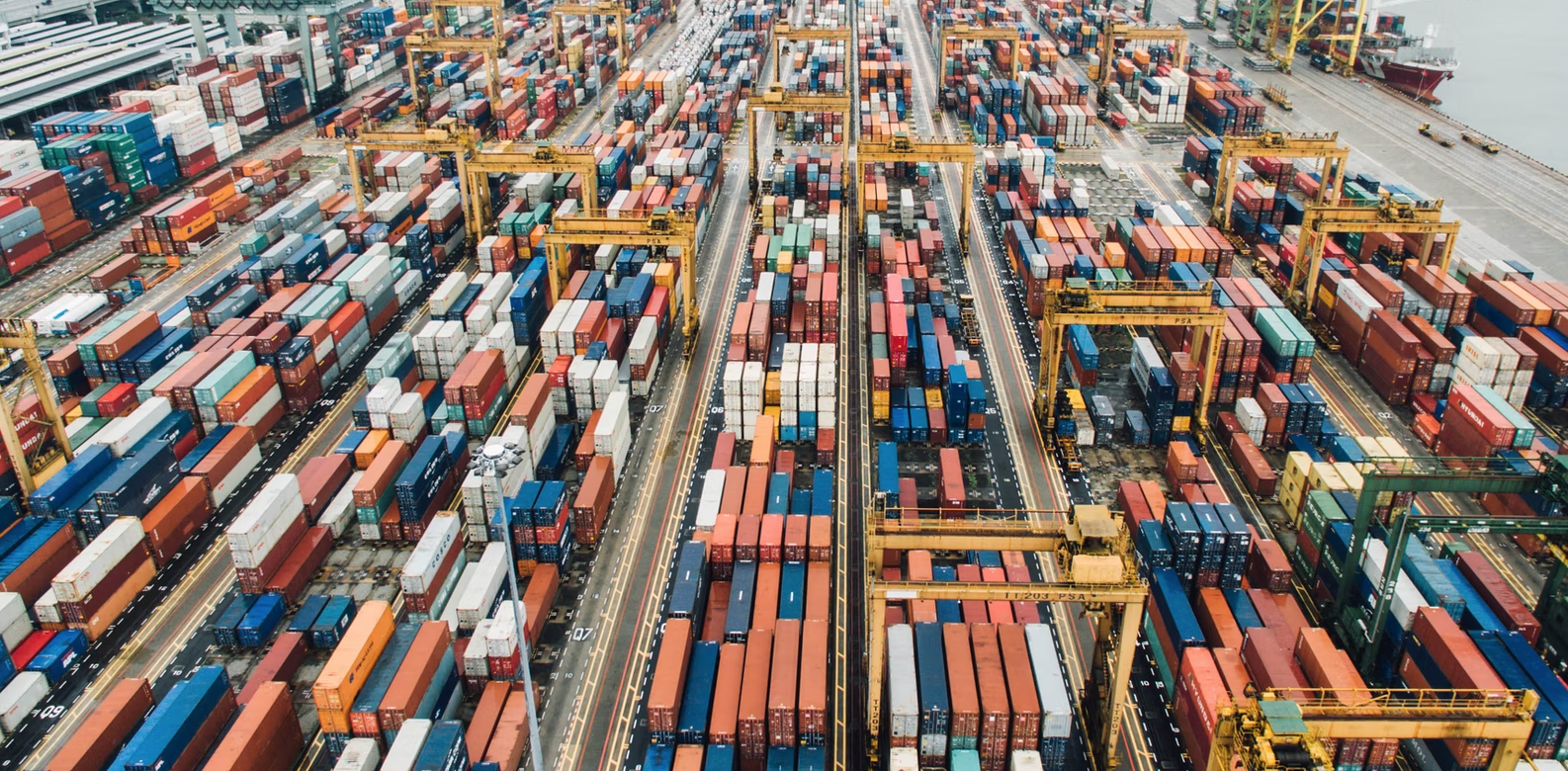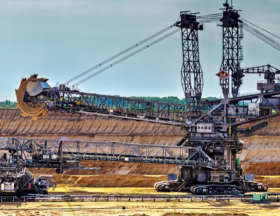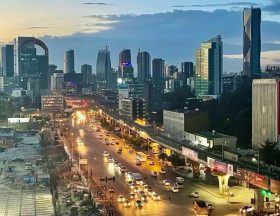A major change is expected in the nature and structure of Chinese investment in Africa. In addition to state-owned enterprises, private investors are now expected to target the ICT, agriculture, consumer goods, industry and finance sectors.
Western powers will struggle to supplant China in Africa over the next decade especially as Beijing moves to deepen its ties with the continent, focusing on boosting bilateral trade and diversifying its investments, beyond the construction of infrastructures and the exploitation of natural resources, estimated The Economist Intelligence Unit (EIU) in a report published on 3 August.
Entitled “A new horizon for Africa-China relations”, the report states that it is “unlikely” that the major Western powers, in particular the European Union (EU) and the United States, manage to catch up with China in Africa despite recent strategies they have unveiled to reshape their economic and political relations with the continent, including the European initiative “Global Gateway Africa-Europe Investment Package” (154 billion dollars), the American program “Build Back Better World (B3W)” or the “Global Partnership for Infrastructure” of the G7 (600 billion dollars).
“These initiatives will go some way to countering, but not supplanting, Chinese influence on the continent,” the EIU said.
And for good reason: Western powers are confronting their colonial legacy in Africa and growing mistrust of their intentions due to erratic engagement over the past decades. “Question marks are also being raised in Africa over the motives for EU and US re-engagement. In view of the memory of past engagements that failed, this re-engagement is seen as a simple desire to counter the influence of China rather than to work with African partners”, indicates the economic intelligence company.
Trade diversification
In the camp opposite, we do not cross our arms. The report points out that China-Africa bilateral cooperation development strategies and China’s recent financial commitments, announced at the 8th Ministerial Conference of the Forum on China-Africa Cooperation (FOCAC 8), held in Dakar in November 2021, suggest a “deeper and broader commitment” of the Middle Kingdom on the continent in the medium and long term.
Beijing is now making the strengthening and diversification of trade with Africa a priority, and aims to rob the European Union (EU) of the rank of the continent’s leading trading partner by 2030.
“There is a series general factors likely to boost Chinese trade and investment in Africa over the next decade. These include intense international competition for Africa’s extractive sector and agricultural resources. Chinese investment through state-owned enterprises and public financial institutions will continue to target natural resources as well as transport and energy infrastructure that facilitates trade,” the report’s authors explain. He added: “Furthermore, Africa has fast-growing markets for a wide range of consumer goods and services, which in the long run will be boosted by the expansion of the urban middle class and progress regional integration”.
Wave of industrial relocations
The Economist Intelligence Unit also expects major changes in the nature and structure of Chinese investments in Africa, which have so far been almost exclusively carried out by state-owned companies. “Chinese private sector investment will play a central role over the next decade, targeting sectors such as information and communication technology (ICT) infrastructure and services, agricultural enterprises, consumption and electronics, light industry and finance,” forecasts the research and economic intelligence organization.
The Asian giant should also increase its investments in agriculture in Africa. “Food security issues and China’s huge food needs could drive large flows of investment into agricultural production in Africa,” predicts the EIU.
And last but not least, Beijing could now look to Africa’s youthful population as a source of labor for its manufacturing enterprises.
“Africa has a huge pool of young and inexpensive labor, which is a potential outlet for China’s labour-intensive manufacturing sector, which will become increasingly attractive in the future. as Chinese labor ages and becomes more expensive,” the report said, predicting a big wave of relocations by Chinese companies to Africa.
“China-Africa relations are clearly entering a new phase,” said Pat Thaker, EIU’s editorial director for the Middle East and Africa, quoted in a statement.
Source Ecofin Agency
































Réagissez à cet article